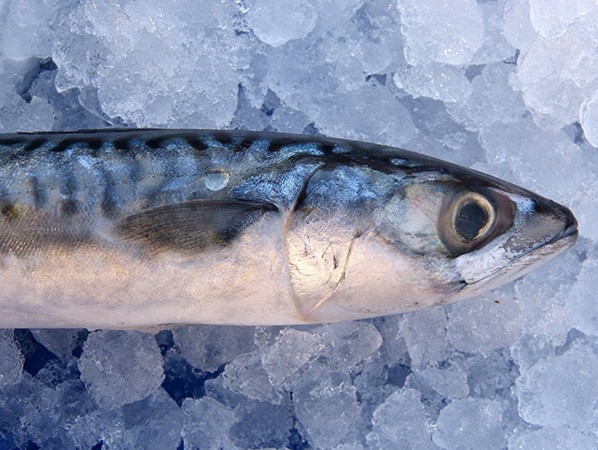
MSC certification for all North-East Atlantic mackerel fisheries shall be suspended on Saturday 2 March 2019. This was announced on 1 February with the publication of an accelerated audit report. Mackerel caught on or after 2 March 2019 may not be sold as 'MSC-certified' or marked with the blue MSC ecolabel. The suspension applies to all four certificates for fisheries from eight countries.
The suspension comes after the stock of mackerel in the North-East Atlantic has fallen below a precautionary level, while catches consistently remain higher than scientists recommend. The stock decline has led to an accelerated audit by independent certifiers resulting in the published report.
Camiel Derichs, Director Europe of MSC, said: "This news is a disappointment for fishermen and for the mackerel-loving consumer. However, declining fish stocks, quotas over new scientific advice and low recruitment of juvenile fish have led to fisheries no longer meeting MSC requirements. I am convinced that the fisheries and other stakeholders will present a plan to improve the situation. A review of the way in which the condition of mackerel stocks is assessed is already underway. In addition, the fisheries will work with the managing authorities on stock recovery. If that succeeds, MSC certificates can be reintroduced."
The International Council for the Exploration of the Sea (ICES) estimated that the stock of mackerel has declined steadily since 2011, when it reached a peak of 4.79 million tonnes. The cause is a combination of high fishing pressure and poor recruitment. ICES therefore warned in September 2018 that the stock had fallen below 2.75 million tonnes, the point at which action should be taken (MSY Btrigger). The Council recommended a significant reduction in catches of 68.2% to bring the stock back to sustainable levels. Projections show that, if this advice is followed, the stock will recover above sustainable levels by 2020-2021.
While the accelerated audit took place, ICES started a benchmark assessment for the mackerel stock. This will provide more insight into the state of the stock in spring 2019. ICES aims to assess the uncertainties in the current assessment and address them if necessary. This may cause the estimate of stock size to move above the MSY Btrigger point. If this happens, certifiers are likely to carry out a second accelerated audit in the spring. This could lead to a reintroduction of the certificates.
However, it does not solve the existing challenges of stock distribution or fishing over and above scientific advice. The fisheries had to show improvements in mackerel management as part of their MSC certificates. Coastal states must set quotas and management measures in line with scientific advice.
Source: © MSC